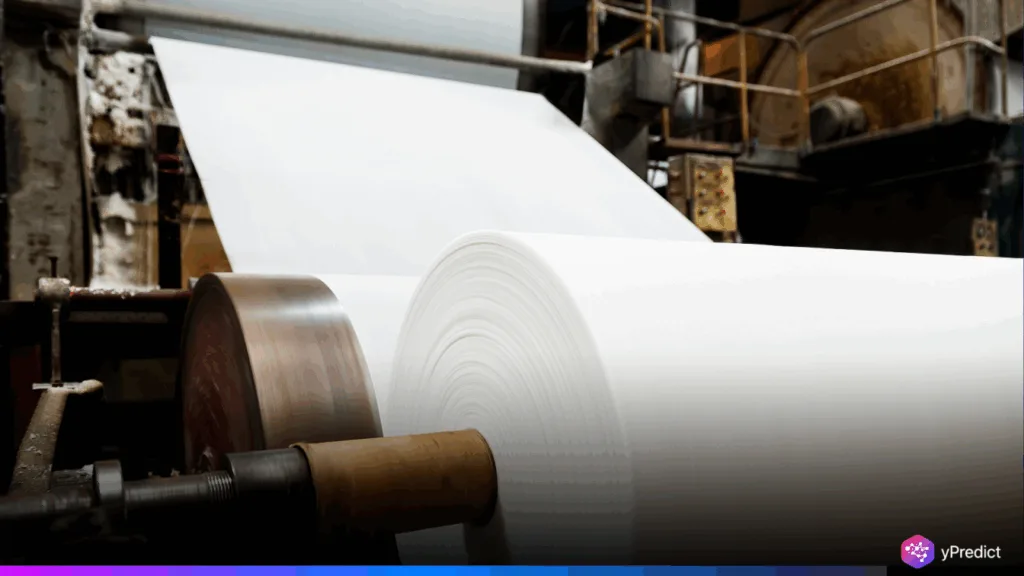
The boundaries between genuine research and fraudulent science have blurred alarmingly in recent years, fueled by technological leaps and perverse incentives within academia. A recent post by Mario Nawfal, shared just hours ago, exposes how industrial-scale deception is shaking the very foundations of scientific progress. Central to this problem is the exploitation of peer review, the once-reliable gatekeeper of scientific truth, by a new breed of scammers and predatory publishers. Using generative AI, these “paper mills” and brokers now churn out impressively convincing counterfeit studies at unprecedented speed and scale. Traditional research, symbolized by a pen on annotated documents, finds itself besieged by waves of fake science that not only undermine trust but also threaten disciplines essential to societal well-being.
The Rise of Paper Mills and Predatory Publishing
The commercialization of the peer-review process links to the issue of the scientific publication crisis, and this ideology should support scholarly standards. It has become commonplace to cheat academically in large-scale ways thanks to the creation of paper mills, which produce entire research papers by the piece. Alternatively, predatory journals, with questionable or absent review procedures, will provide simple, frequently assured publication to a researcher who has a price, enabling them to plug their publication lists without the scrutiny of the peer review process.
AI-generative technologies have accelerated this process: where months used to be required, it now happens within minutes, as creators produce fabricated articles complete with realistic information, sources, and images. The increasing number of overwhelmed reviewers also rises, since in the AI-based submission, the work bypasses the high-level filters, and individuals even engage in ruses, like imperceptible edits or covert writings. This proliferation of bad work corrupts the scientific record, and scientists or specialists whose professions require credibility, such as medicine, engineering, or public health, face serious downstream effects when they accept it.
Reform, Technology, and the Path Forward
Remedies that can be used to restore integrity in science must come through systemic self-governance within the academic world. There is evidence of proposals and discussion on moving toward quality-based measurement of researchers rather than quantity. The renewal of peer review is imperative, and some of such suggestions include payment of reviewers, enhancement of transparency and inspection of raw data, as well as use of powerful AI-detection devices.
New and unprecedented technological solutions to data provenance, like blockchain, provide optimistic protection against tampering. Participation, openness, and responsibility must outweigh the norms of the past to clean up a field plagued by fraudulent products. More decisively, it must involve cultural change to reward patient, replicable effort, and discourage cheating shortcuts to resist an industrial volume of fraud. Such reforms are complex, but without them, the scientific community would fatally damage the credibility of scientific research and its impact. With new tools comes new vulnerability, and thus vigilance and reform again must be of importance to the maintenance of the basic role of science in society.
Science at a Crossroads
The industrialization of scientific community fraud is the turning point: whether we become complacent and watch a cloud of mistrust conceal our faith in the intention of the scientific community, or whether we implement radical changes that re-establish the course of action. As is evident in the current discussions that ensued after Nawfal’s timely expose, technological solutions will not be sufficient. It will need underlying changes in academic culture, incentives, and controls. Generative AI has changed the problem, as well as the possible solutions, which means that progress becomes more than necessary and is a matter of urgency. The future of research lies in the hands of those who will act conclusively, uphold the quality and integrity in the scientific endeavor, and restore the mechano-belt in scientific enterprise.







